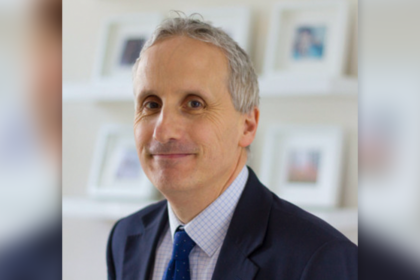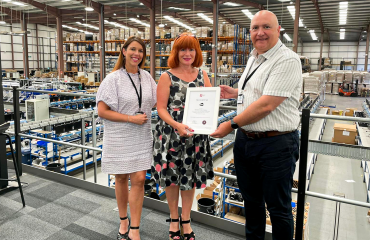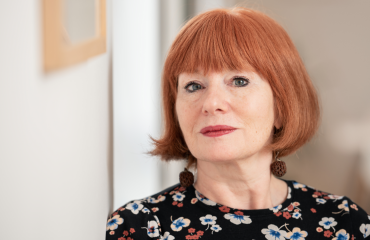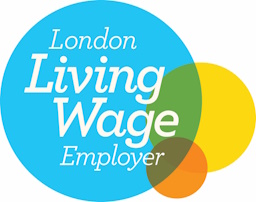
I recently attended the British Chambers’ of Conference (BCC) Annual Global Conference in London. Staffordshire Chambers of Commerce is one of fifty-three accredited Chambers across the UK, stretching from Cornwall to Aberdeen and from Northern Ireland to Kent. The BCC Annual Global Conference brings together colleagues from right across the Chambers’ network and beyond.
The Annual Global Conference traditionally includes an impressive line-up of keynote speakers and this year was no different. Opening the Conference, Director General of the BCC, Shevaun Haviland, urged the Government to put business at the heart of its plans to revive the UK economy. Ms Haviland said that companies had been hit by “eye-watering” energy bills, rising interest rates and a “cripplingly tight labour market”. With a General Election less than 18 months away she set out the key issues that matter most to firms, including the Digital Revolution, Global Britain and Green Innovation.
The Chancellor of the Exchequer (Rt Hon Jeremy Hunt, MP) was introduced as the first guest speaker of the day. Mr Hunt suggested that the “default” location for workers should be in the office, unless there is a good reason to work from home. Mr Hunt felt that while working remotely had produced “exciting opportunities”, he was worried about “the loss of creativity” when it is permanent and spoke of the importance of those “water cooler” chats between colleagues.
Flexible or agile working has become the norm for many workers since the pandemic but there is a split across various sectors, ever since the easing of lockdown restrictions. Some firms told their staff they needed to return to the workplace, while others opted for so-called “hybrid” working patterns, where staff could come into offices on certain days and work remotely on others.
The Governor of the Bank of England (Andrew Bailey), was the next speaker to appear. Despite signs of a possible loosening of a tight labour market, Mr Bailey warned that further interest rate rises may be needed, in order to curb inflationary pressures on the economy. Mr Bailey went on to describe the UK’s economic outlook as “looking a bit brighter” due to falling energy prices and “greater resilience in the economy than expected”.
During the afternoon session, delegates listened to the Leader of the Opposition (Sir Kier Starmer, MP), who said he wanted to see “robust private sector growth” and a partnership with industry. Sir Kier said that the UK needed a new business model but accepted that this will require “tough choices to be made”. Sir Kier went on to announce aspirations to launch planning reforms, in a drive to “back the builders, not the blockers”.
The Global Annual Conference also welcomed entrepreneur and author (Linzi Boyd), who urged delegates to join a ‘Purpose Economy’. Ms Boyd called for a “quiet revolution”, suggesting that a movement of people joined together as a collective, could create “the biggest quiet party the world had ever seen”, building brands, shifting industries and making a positive change in the world.
In between listening to keynote speakers, delegates joined a number of interactive workshops and worked collaboratively to share good practice around areas such as skills and green innovation.
Through its regional Chambers, the British Chambers’ of Commerce claims to represent tens of thousands of UK businesses employing almost six million people. If your business would like to learn more about the many benefits of Chambers’ membership and become a part of this network, I’d be happy to hear from you: declan.riddell@staffordshirechambers.co.uk














You must be logged in to post a comment.